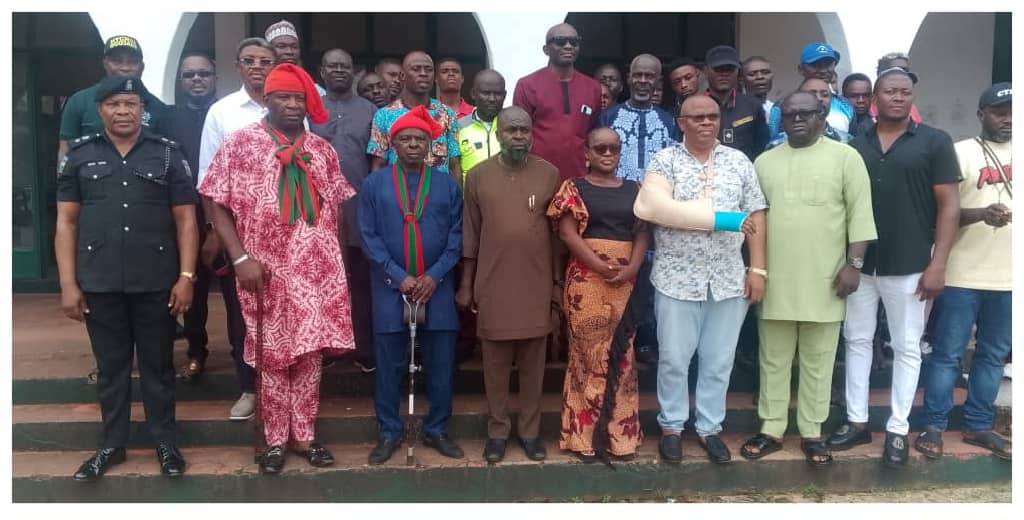Gov. Kelly Ayotte is backing the bid of the state Senate’s top Republican to ban four totalitarian countries that are U.S. adversaries from purchasing land within 10 miles of 10 key military installations across the state.
Senate Majority Leader Regina Birdsell, R-Hampstead and a U.S. Coast Guard veteran, started work on the issue after a Chinese-owned food manufacturing company, the FuFeng Group, in 2021 bought land within 12 miles of Grand Forks Air Base in North Dakota, a vital site for military drone technology.
In January 2023, Grand Forks city officials denied the owners a building permit after that state’s two U.S. senators called the project a “significant threat to national security.”
Birdsell fine-tuned and narrowed the bill (SB 162) compared to one the Senate had unanimously endorsed in 2024.
After the House balked at some of the details, Birdsell accepted sending the bill to a study committee, which led to some improvements to it, she said.
Congress created the Committee on Foreign Investment in the United States (CFIUS) to monitor the concern, but it’s proven ill-equipped to stop foreign land grabs, Birdsell said.
“This is why so many states have taken it upon themselves to adopt their own legislation,” Birdsell told the Senate Commerce Committee.
The military infrastructure covered under the bill are the New Hampshire National Guard headquarters and the New Hampshire Army Aviation Support Facility, both in Concord; the Readiness Center of the 197th Artillery Brigade in Manchester; the New Boston Space Force Station; and the Pease Air National Guard and Portsmouth Naval Shipyard in Portsmouth.
The countries blocked from ownership under the bill are Russia, China, Iran, Syria and North Korea.
Space Force Station officials endorsed bill
Two officials with the New Boston Space Force Station also lent their support for the bill.
Thaddeus Dickinson is the inside threat and anti-terrorism program manager at the New Boston site.
“We face constant daily threats from our adversaries,” Dickinson said.
Chris Bond, associate attorney general, said Birdsell has limited the definition of “prohibited buyer,” which has caused some similar efforts by other states to get tied up in court.
Florida and Alabama have 10-mile radius standards for military property as in Birdsell’s bill. Georgia, Hawaii, Minnesota, North Dakota, Utah and Idaho have adopted laws against foreign ownership while Iowa, Nebraska, Illinois and Missouri have tailored theirs to block non-U.S. company purchases of agricultural lands.
Lily Tang Williams, the two-time congressional candidate and 2nd District GOP nominee last fall, attended the hearing as a native of China who fled the country in 1988.
“We have been naïve and a very open society that has allowed them to come here and take advantage of how free we are,” Tang Williams said.
Chris Norwood, representing the New Hampshire Board of Realtors, said his group would prefer the sponsors remove a requirement that all building owners in “downtown Manchester, Concord and Portsmouth” to sign an affidavit that no one leasing an apartment or office building unit represents a foreign enemy.
Under the bill, those who fail to file that affidavit can face up to a $500 fine; any enemy country buying land in violation of the bill could face criminal penalties and possible forfeiture of that parcel.
___
© 2025 The New Hampshire Union Leader
Distributed by Tribune Content Agency, LLC.









